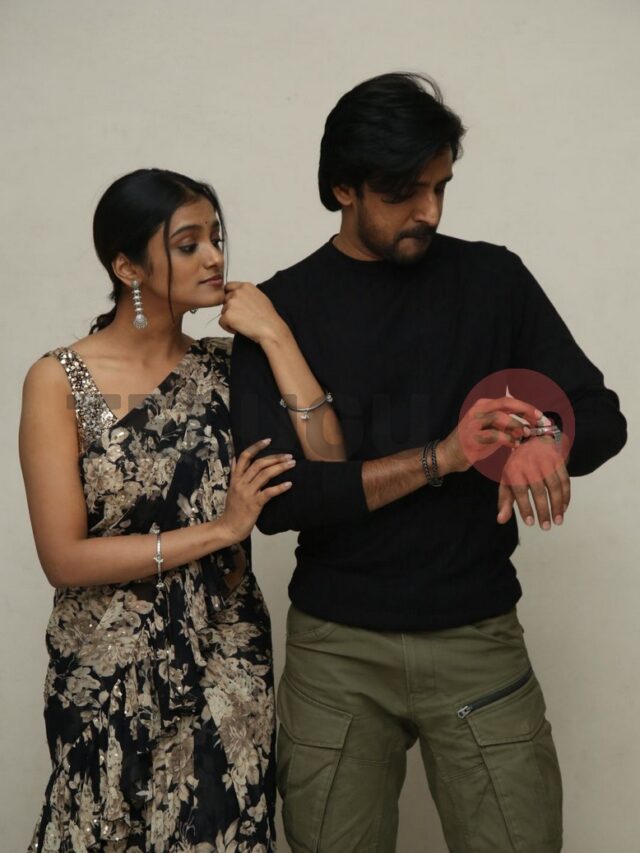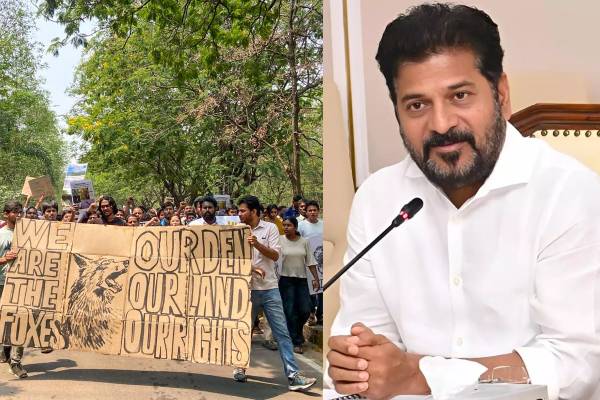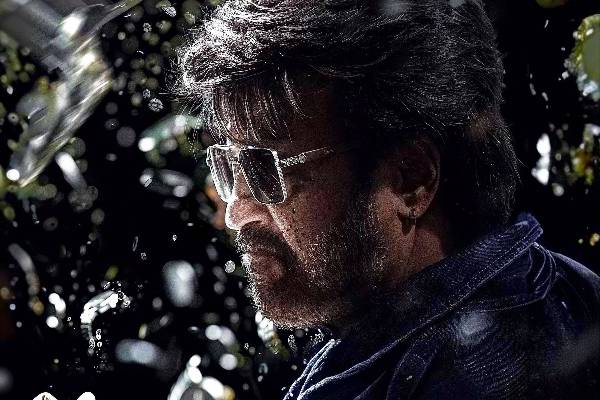A quiz question for all film-lovers in Tollywood: Is “Bahubali” the first Telugu film to bag the Best National Film Award? Answer follows in the end.
Indian Cinema has completed 100 years. Telugu Cinema has completed over 80 years. National Film Awards have a history of 63 years and this year, they spoke with a balanced view on a range of films which pushed the envelope with amazing content and range of performances in every department of cinema. Here is how the main awards went to:
Best Actor: Amitabh Bachchan (Piku)
Best Actress: Kangna Ranaut (Tanu Weds Manu Returns)
Best Director: Sanjay Leela Bhansali (BajiRao Mastani)
Best Film: Bahubali
Amongst all the awards, the National Film Awards are a rare honor which continues to hog all the attention, respect and adulation nothwithstanding there are many other Awards which compete for attention – from the Filmfares to the IIFA Awards, from Zee to Screen. There is no equal to the National Awards in any other country in the world to give awards to good films on such a vast scale regularly. In Europe, Korea, America and Nigeria where films are made in huge number like in India, the role of giving such awards goes to film organisations or media or Academy or suchlike private organisations. But in India which makes over a thousand films in all regional languages and Hindi, it is the National Award which unites the community of talented and respected filmmakers, actors and technicians besides giving language-wise awards to recognise efforts made by every “Wood” in the country from Sandalwood to Mollywood.
Interesting to note that the State Awards for Films got instituted in the same year as the magazine Filmfare started giving Filmfare Awards for Films. Despite Filmfare awards gaining in popularity, it is the National Film Awards instituted in 1953 which remains a nonpareil because of the respect and authenticity attached to these awards – it goes beyond lobby groups, beyond language barriers and beyond parochial considerations. These awards also unite the mainstream Hindi film cinema with the rest of super-tag film industries of the South alongwith the art cinema of the East and the nascent industries of states like Oriya, Bhojpuri, Punjabi etc.
The Telugu Film Industry had also been noted for its efforts to make meaningful yet entertaining films and comes close to Hindi in striking a balance between the two. In the past, National Film Awards greeted Telugu Industry but those were mostly in the category of regional films or efforts of individual technicians. For example, “Mutyala Muggu” (directed by Bapu) won the National Film Award for Best Feature film in Telugu (not the national level of “Golden Lotus”). But the same year, in 1975, the film’s cinematographer Ishan Arya won the National Award for Best Cinematography. Similarly, Ilaiyaraja won the National Award for music in atleast two of the straight Telugu films, “Sagara Sangamam” and “Sitakokachilaka”. Similarly, Best Singer/Actor/Actress Awards went to talents like SPB, S.Janaki, P.Susheela, Kamal Hassan, Archana and Sharada (with connection to Telugu films).But the Golden Lotus Award eluded for a long time until “Shankarabharanam” came in 1980. After that moment, comes now the second moment in Tollywood history when a Telugu film wins the Best Film Award – a coveted honor which saw several high-caliber competition in 2015. There was another popular category called National Award for promoting National Integration which got instituted much later. One of such awards went to “RudraVeena” produced by Megastar Chiranjeevi and directed by K.Balachander.
The regional film category, however, continued to see regular participation and successes by Telugu filmmakers since 1953. Several films of K.Viswanath, Bapu , B.Narsinga Rao, Dasari Narayana Rao, SS Rajamouli and now Krish were awardees of Best Regional Film in Telugu. Important to note here, that this is a category that needn’t award a film if it doesn’t make it to the cut. Fortunately, this year, “Kanche” makes it to the Best Regional Film in Telugu Award – a worthy honor for director Krish.
On the other hand, one category which saw a good number of Telugus get feted as Awardees is the Dada Saheb Phalke and they include, over the years, legends like B.Nagi Reddy, LV Prasad, D.Ramanaidu, Akkineni Nageswar Rao and K Balachander (who also made straight Telugu films).
To put things in perspective, “Bahubali” is not the first Telugu film to win the National Award for Best Film. The first honor went to “Shankarabharanam”. And the second goes to “Bahubali”. That ties the Telugu film industry with Tamil film industry as the number of times Golden Lotus award went respectively to both the big industries. In terms of overall honor of maximum Golden Lotus awards, Bengali films take the cake (21 times) followed by Hindi (13 times), followed by Malayalam (11 times), Kannada (6 times) and Marathi (3 times). That leaves a lot to be desired in terms of making more than just entertaining films that are recognised by the Indian Government. In that sense, Hindi film industry is better than the rest of the country in balancing entertainment economics with the aesthetics of film-making that get the discerning jury’s award. But for now, let’s raise a toast to Krish and Rajamouli for getting two big awards for Tollywood. For Rajamouli, awards at the national level is a bit regular fare after bagging them in the past for “Magadheera” and “Eega”. But for Krish, “Kanche” must be special for the alround applause it brought him. It is interesting to note however, that Rajamouli got pipped for the director’s award by Sanjay Leela Bhansali who had much higher detailing and finesse in bringing the story of the Maratha warrior King to life. And this website rated “Bajirao Mastani” (3.5/5) higher than “”Bahubali” (3.25/5) for these reasons. Our stand is vindicated.
We hope the quiz question is by now, answered. “Bahubali” is not the first film to bag the National Award for Best Film. Hope to see more Awards beyond Regional Film Category for Tollywood in the coming years to come. There’s lot of promise in the air.
































